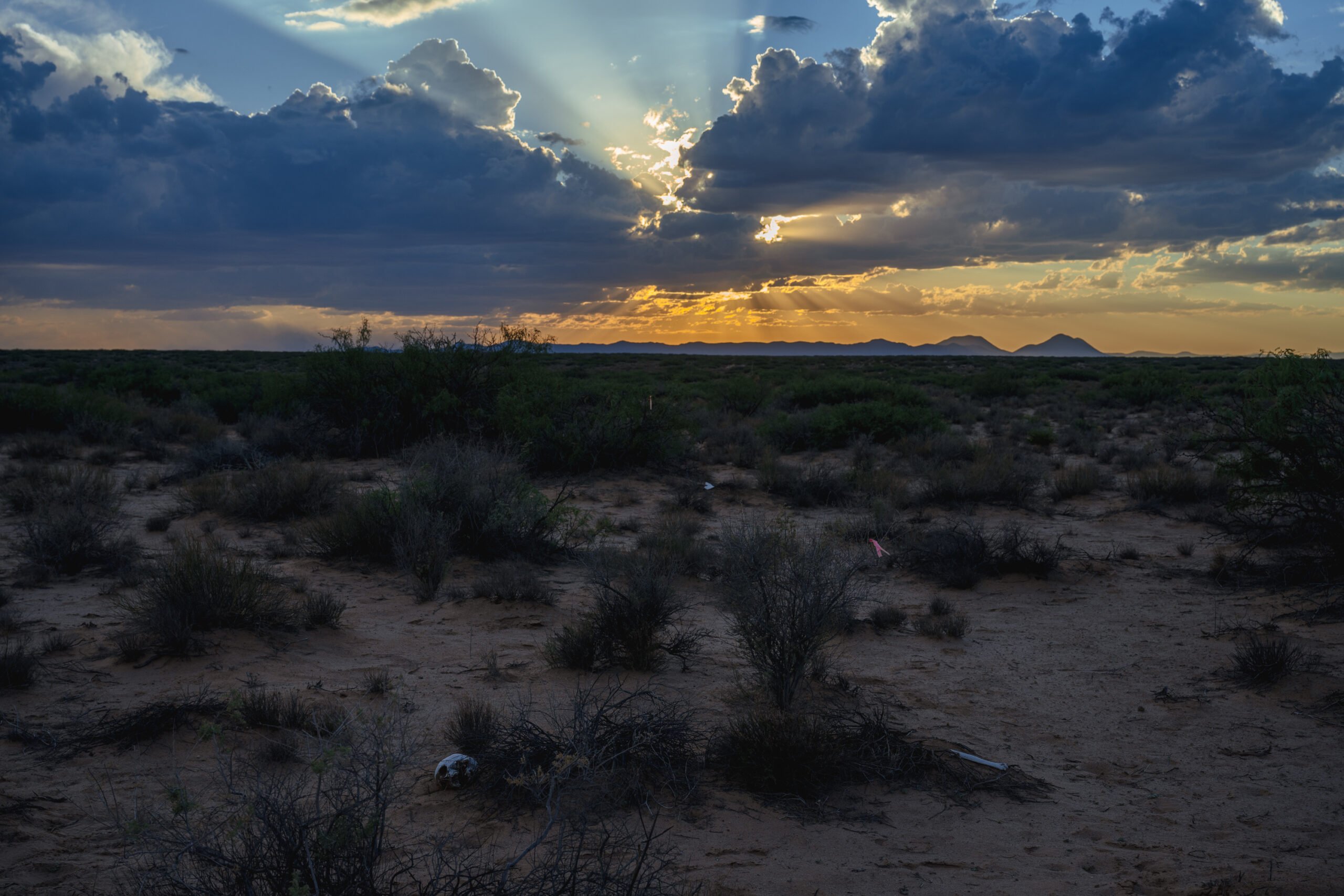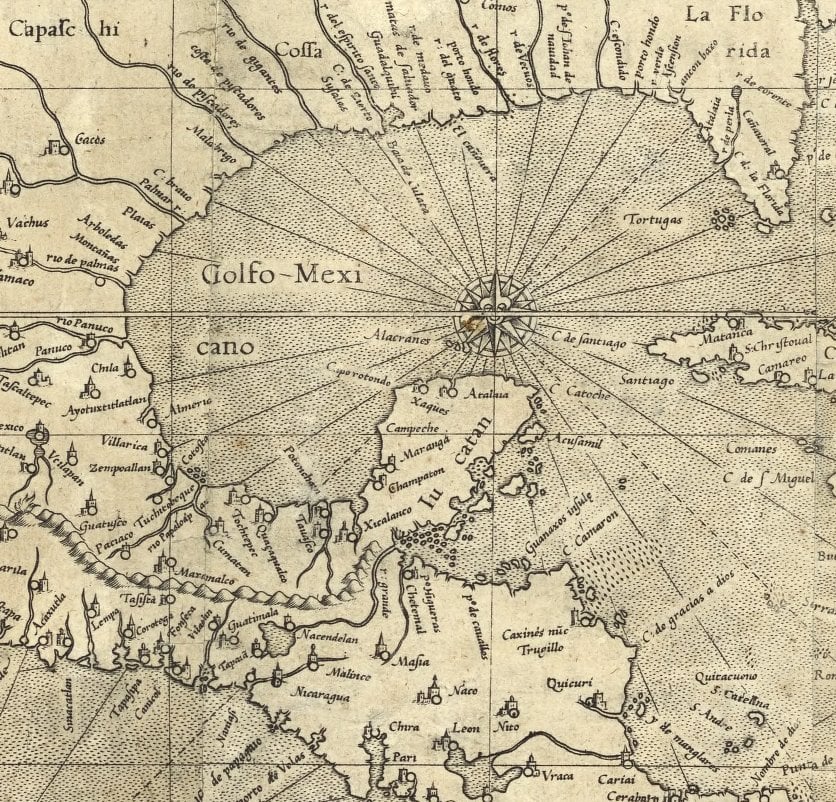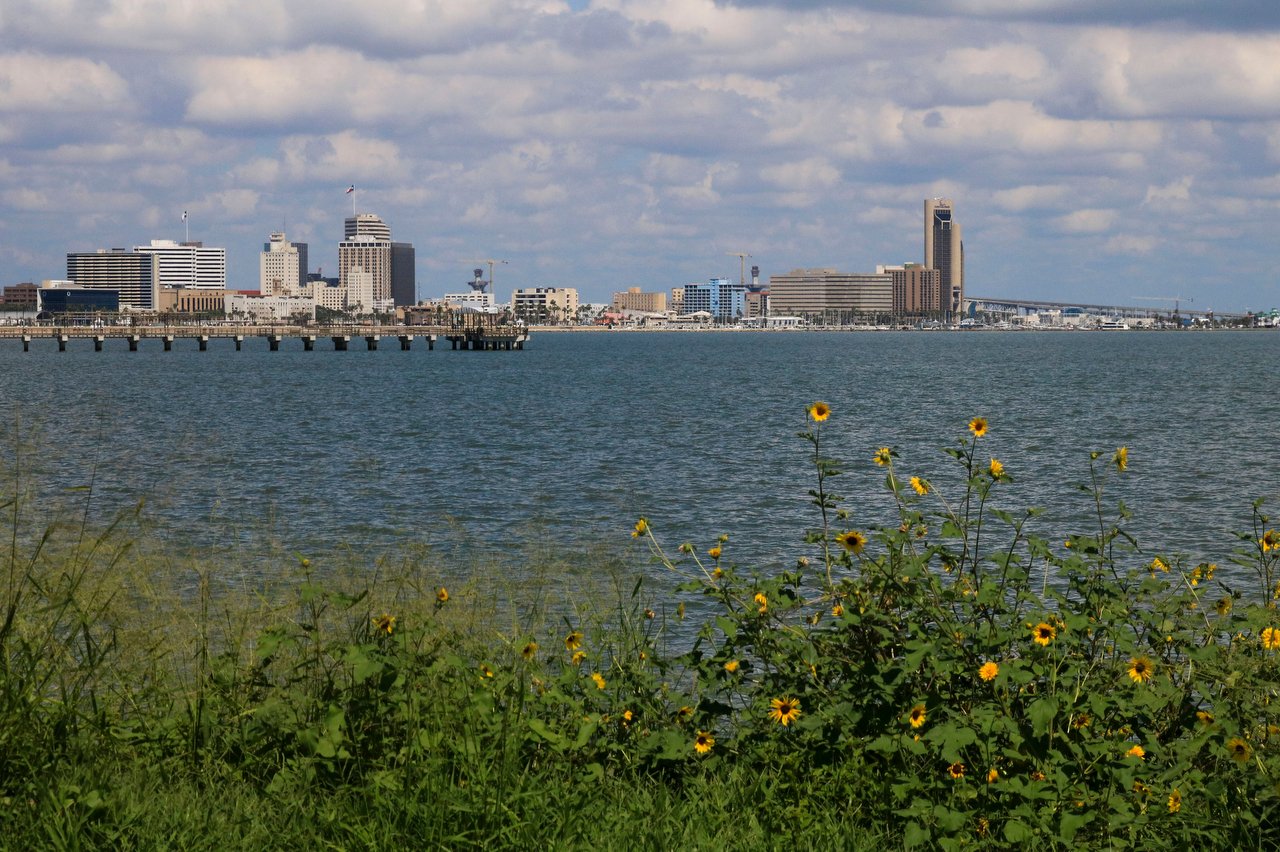Texas Trilogy
Back to Bosque with Steven Fromholz
Editor’s Note: The following photo essay is adapted from Texas Trilogy: Life in a Small Texas Town, published this month by University of Texas Press.
Steven Fromholz’s “Texas Trilogy” is one of the best works ever written about life in rural Texas. Like all great songs, “Daybreak,” “Trainride,” and “Bosque County Romance” stand the test of time and the perpetual recycling of popular culture. They seem to take on greater meaning as the decades slip by and our modern world explodes with growing conflict and confusion. These are tough old tunes, not unlike their author, and this book is an attempt to honor them and explain their cultural significance.
Kopperl, the setting for Fromholz’s Texas Trilogy, is just like many small, once bustling, now quiet towns, and Bosque County is just like many rural counties across America. Both were once flourishing centers of rural activity, stops along the train tracks that have been pulled up or grown over with weeds. Kopperl and Bosque, like so many towns and counties nationwide, have slowly gone to sleep and moved quietly out of the glory of history like the steam locomotives themselves.

The first time I visited was in 1989. I was driving back to Austin from Eureka Springs, Arkansas, and as I approached the Dallas-Fort Worth area, I realized I was well ahead of schedule, so I decided to do a little exploring. I’d played “Texas Trilogy” with Fromholz in countless saloons and concert halls across the country, but I’d never been to Bosque County. I wanted to put a face on the place that had inspired these great songs.
When I turned off Highway 56 and pulled into Kopperl, I remember thinking, “This sure wasn’t much of a town.” I had expected some kind of quaint village from a Mark Twain novel, something inspirational, something with a pinch of magic. As I drove around what little town I could find, I felt the air slowly leaking out of my side; a forgotten building slab with a large metal safe growing like some eerie monolith out of the concrete; two crack-box churches; a sprinkling of frame houses with manicured yards; a long-deserted white building that had once been a commercial strip; another church; and a number of empty grass lots. I was disappointed. I had expected so much more. I thought there would at least be a café where I could get a cold iced tea to beat the midafternoon heat, but there was nothing. I don’t recall even seeing any people.
I turned back onto Highway 56 headed south toward Austin and thought, “So, what’s the big deal with Kopperl?” It would take several more years and a lot more exploring around Bosque County before I realized that the big deal about Kopperl, Texas, was that it wasn’t any kind of big deal at all.

In 1994 Bruce and I took Fromholz back so he could help us research the background to his “Texas Trilogy” and guide us through the county of his youth. Not a great deal has changed since he wrote “Texas Trilogy” in 1967. Indeed, Bosque’s population in 2000 is the same as it was in the early years of the twentieth century.
We spent several years combing Bosque County searching for and photographing scenes that we felt would enrich our friend Steven’s lyrics. In addition to our work in the field, the generous folks of Bosque County offered up boxes of archival pictures and photographic plates that have contributed to our work. The story of Bosque illustrates the joys and challenges of survival, growth and prosperity shared by generations of agrarian families not only in Texas but also in small communities throughout America.
Craig D. Hillis is a writer in Austin, currently working on a book on the Austin music scene. Photographer Bruce F. Jordan lives in the small Texas town of Rockdale. Along with songwriter Steven Fromholz, they will participate at a booksigning and performance to benefit the Observer on October 14, at Scholz Garden.


